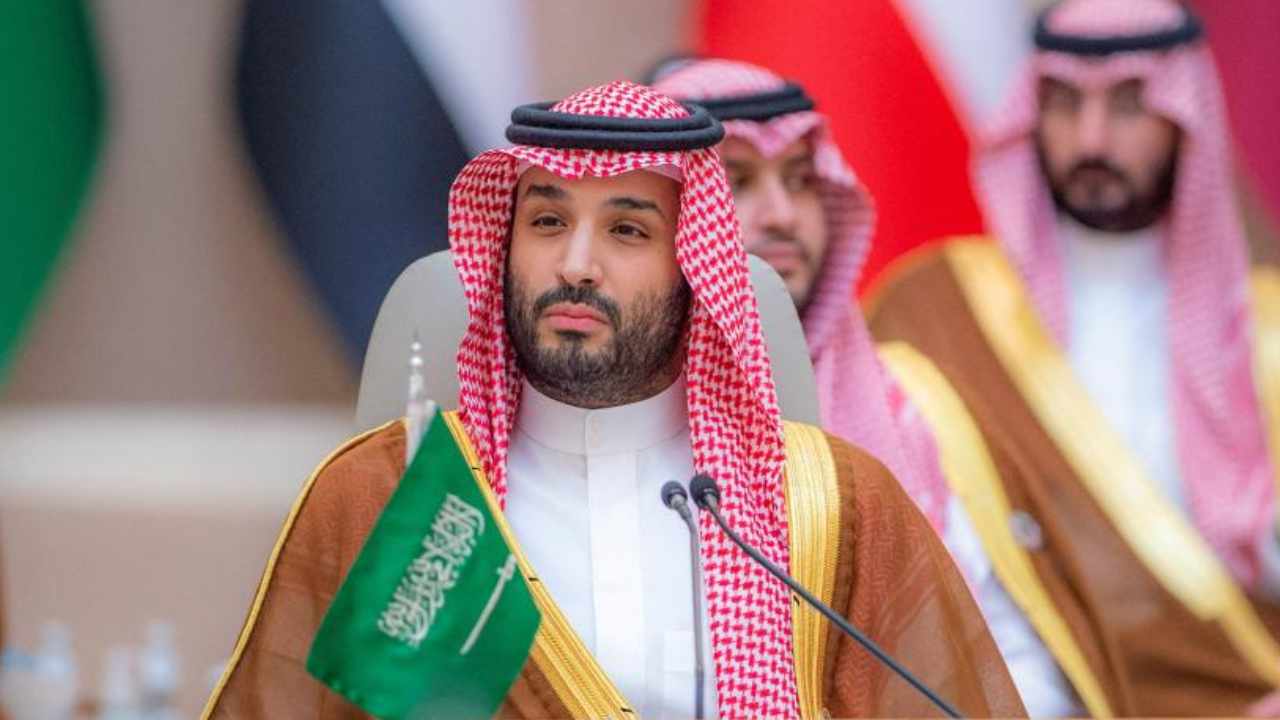BRICS: Saudi Arabia Delays Entry Amid Fears of Angering the U.S.
11.05.2025 9:00 1 min. read Alexander Stefanov
Despite attending a recent BRICS gathering in Brazil and being listed as a member on the group’s website, Saudi Arabia is reportedly holding off on formalizing its participation in the economic alliance.
Sources familiar with the matter told Reuters that Riyadh is treading carefully to avoid provoking Washington.
The hesitation underscores Saudi Arabia’s delicate balancing act between two powerful partners: China, its largest oil buyer, and the United States, its key supplier of arms and advanced technologies. At stake is a potential $100 billion weapons deal with the U.S., a relationship Riyadh is unlikely to jeopardize.
BRICS, originally founded in 2009 by Brazil, Russia, India, China, and South Africa, has been expanding its footprint. Last year, new members like Iran, Egypt, the UAE, and Ethiopia joined in a push to counter Western economic dominance. However, talk of developing a shared currency has raised alarms in Washington.
President Donald Trump, now leading the charge for a second term, has threatened to impose 100% tariffs on BRICS nations if they attempt to create an alternative to the U.S. dollar. In a December statement, he warned that any challenge to dollar supremacy would be met with severe trade penalties.
With tensions mounting over global economic alignments, Saudi Arabia appears in no rush to escalate a potential standoff—choosing, for now, to play it safe.
-
1
Gold Beats U.S. Stock Market Over 25 Years, Even With Dividends Included
13.07.2025 15:00 1 min. read -
2
U.S. Announces Sweeping New Tariffs on 30+ Countries
12.07.2025 16:30 2 min. read -
3
US Inflation Heats Up in June, Fueling Uncertainty Around Fed Cuts
15.07.2025 16:15 2 min. read -
4
Key U.S. Economic Events to Watch Next Week
06.07.2025 19:00 2 min. read
US Inflation Heats Up in June, Fueling Uncertainty Around Fed Cuts
U.S. inflation accelerated in June, dealing a potential setback to expectations of imminent Federal Reserve rate cuts.
Gold Beats U.S. Stock Market Over 25 Years, Even With Dividends Included
In a surprising long-term performance shift, gold has officially outpaced the U.S. stock market over the past 25 years—dividends included.
U.S. Announces Sweeping New Tariffs on 30+ Countries
The United States has rolled out a broad set of new import tariffs this week, targeting over 30 countries and economic blocs in a sharp escalation of its trade protection measures, according to list from WatcherGuru.
Key U.S. Economic Events to Watch Next Week
After a week of record-setting gains in U.S. markets, investors are shifting focus to a quieter yet crucial stretch of macroeconomic developments.
-
1
Gold Beats U.S. Stock Market Over 25 Years, Even With Dividends Included
13.07.2025 15:00 1 min. read -
2
U.S. Announces Sweeping New Tariffs on 30+ Countries
12.07.2025 16:30 2 min. read -
3
US Inflation Heats Up in June, Fueling Uncertainty Around Fed Cuts
15.07.2025 16:15 2 min. read -
4
Key U.S. Economic Events to Watch Next Week
06.07.2025 19:00 2 min. read


